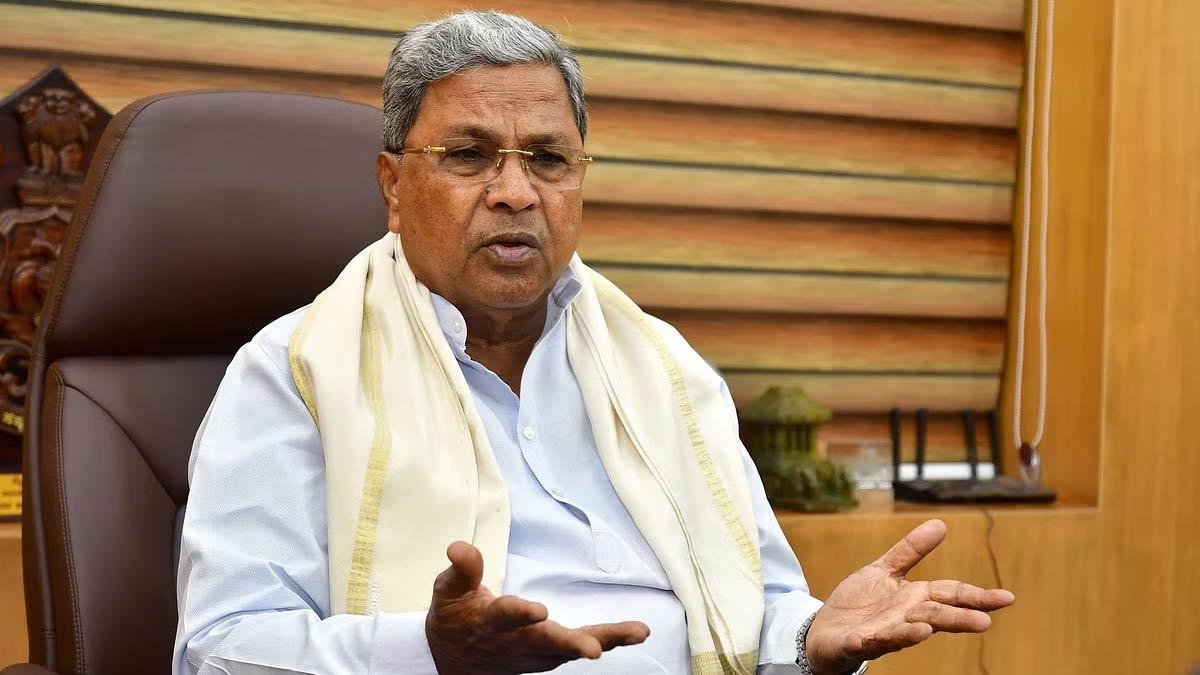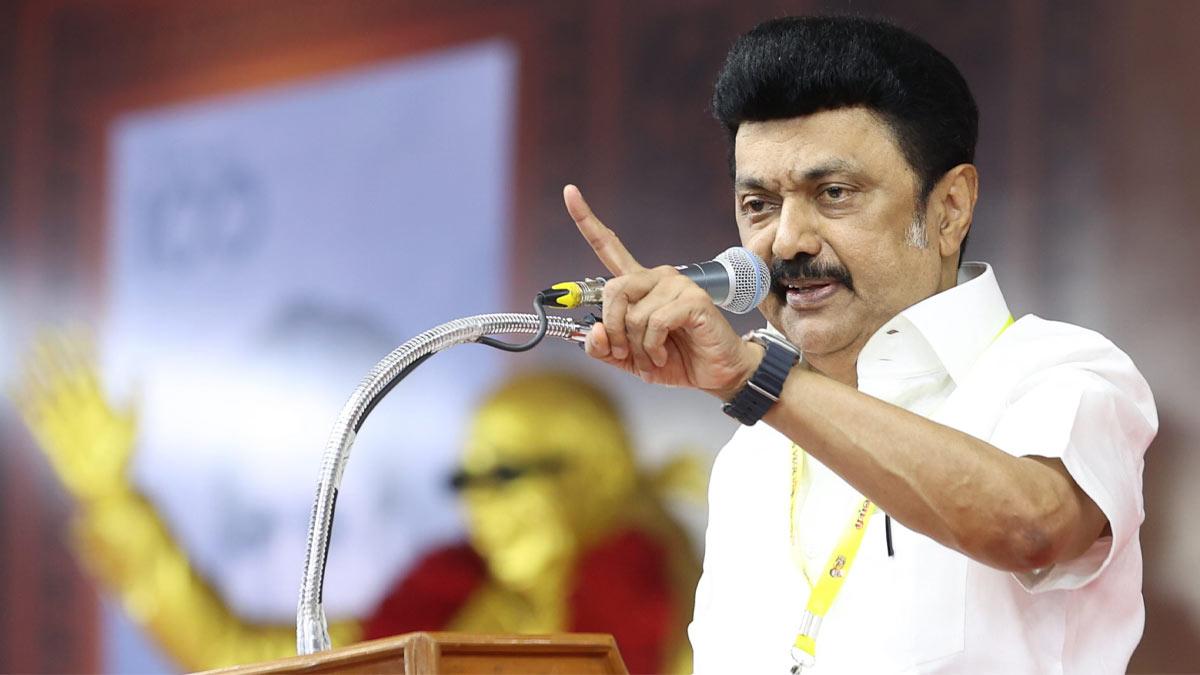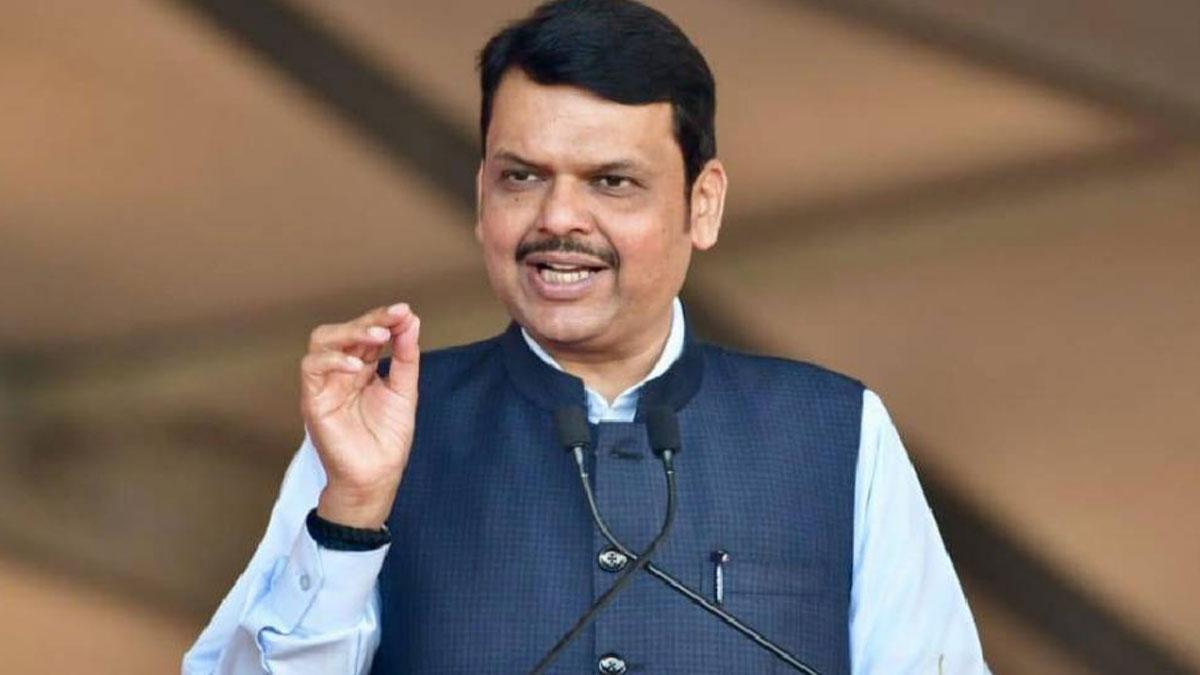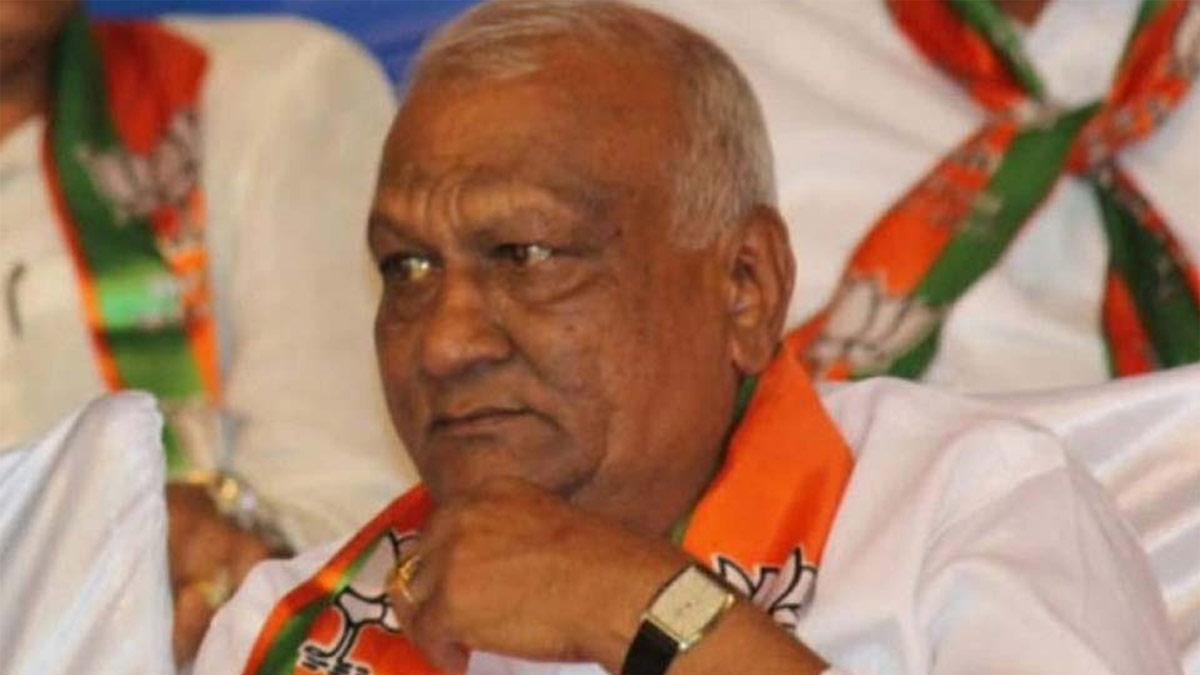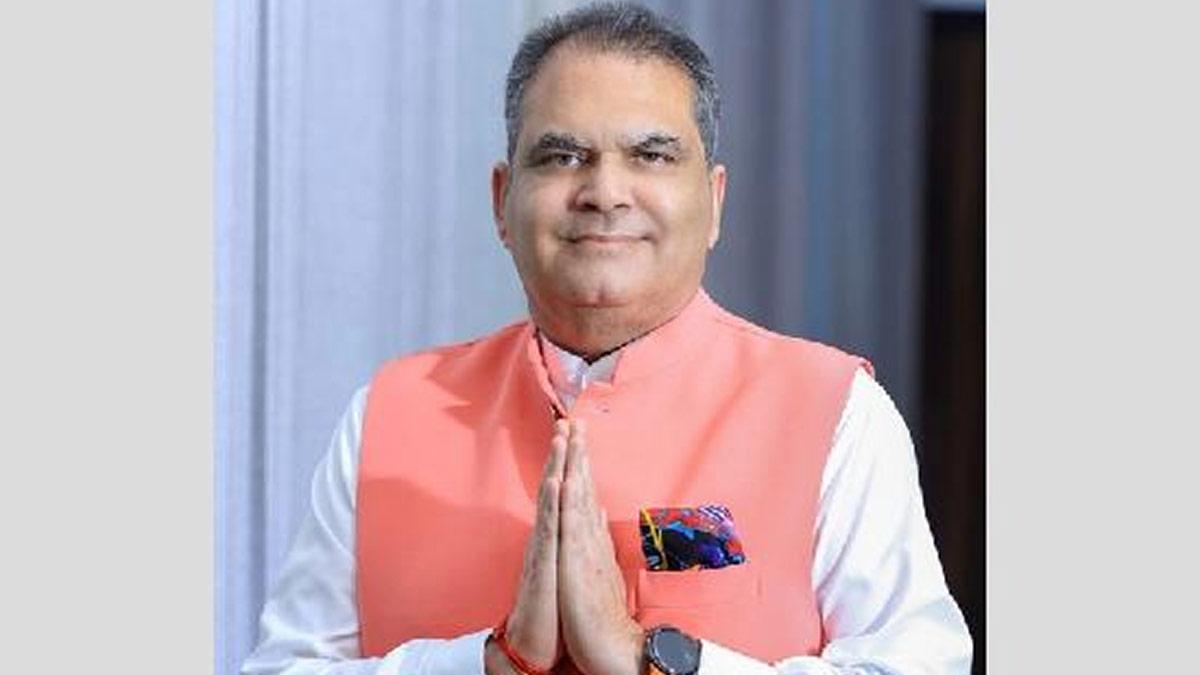"Real social justice is yet to be achieved in this country" said Siddaramaiah, the Chief Minister, as he reiterated his commitment to pursuing the same amidst several political challenges.
"Even today, attempts to throttle the backward classes are seen. The caste census undertaken by the Karnataka government was the country's first. It was taken up to understand the economic and social conditions of various communities so as to ensure social justice. I will fight for equality and social justice despite political hurdles," Siddaramaiah told a gathering at the 109th birth anniversary celebration of former Chief Minister D. Devaraj Urs in Vidhana Soudha Banquet Hall here.
In a subtle response to the current political strategies, ending his career path, he said: "Though I have done no wrong there are incessant efforts to tarnish my image. Whether I am in a position or not – on the question of social justice or the principles that I uphold – never I will go on a back foot – that is my firm conviction."
Siddaramaiah observed that social equality has not been achieved even 77 years after independence, and put the blame on the political dispensations, which have failed in distributing wealth equitably. "A system that identifies people by their caste still exists among us. People are being identified by their caste instead of getting recognised for their talent and character.". "It is not anybody's caste that will make them successful. Talent will come out only if the opportunities are given to them. Basavanna and the Sharanas 800 years ago brought out a social revolution to have equality, but today also we have not achieved fully an equal society," he said.
He added that the caste system cannot be eradicated without mass education and economic independence, while recalling Mahraja Nalvadi Krishnaraja Wadiyar, who was particular about the importance of education to Dalits, women, farmers and minorities. "He eradicated many bad customs and traditions. The inhuman practice of manual scavenging was also eradicated. Many programmes were started for poor, women, farmers and youth, but the forces opposing change resisted them," Siddaramaiah added.
If there was one only message, Siddaramaiah appealed to all to live as equals, following the ideals of Basavanna, the great reformer, and to the very principles on which B.R. Ambedkar founded the Constitution.
The Chief Minister further hailed Devaraj Urs for having been fully wedded to the cause of the downtrodden such as the Dalits, backward classes, minorities, and women. He said, 'Though of royal blood, he subordinate[d] everything to the welfare and amelioration of the lot of the poor and the weak.' Devaraj Urs's focus on education and economic opportunities was most critical in handling the caste system in the State, he said.
In a tribute to Devaraj Urs' contribution, Siddaramaiah proposed that the late leader be awarded posthumously the Bharat Ratna and announced the rechristening of Electronics City to Devaraj Urs Electronics City.
Siddaramaiah also mentioned that though the process of unification of Karnataka was done in 1956, renaming it as Karnataka State happened in 1973, under the leadership of Devaraj Urs. This year-long celebration will be culminated with the inauguration of a statue of Kannada Bhuvaneshwari at Vidhana Soudha in Bengaluru during November.
Read also | Congress and BJP Clash Over Lateral Entry Policy; SP Announces Protest Plans
Read also | West Bengal BJP Offers Legal Aid to Netizens Facing Police Action Over Doctor Case Posts

